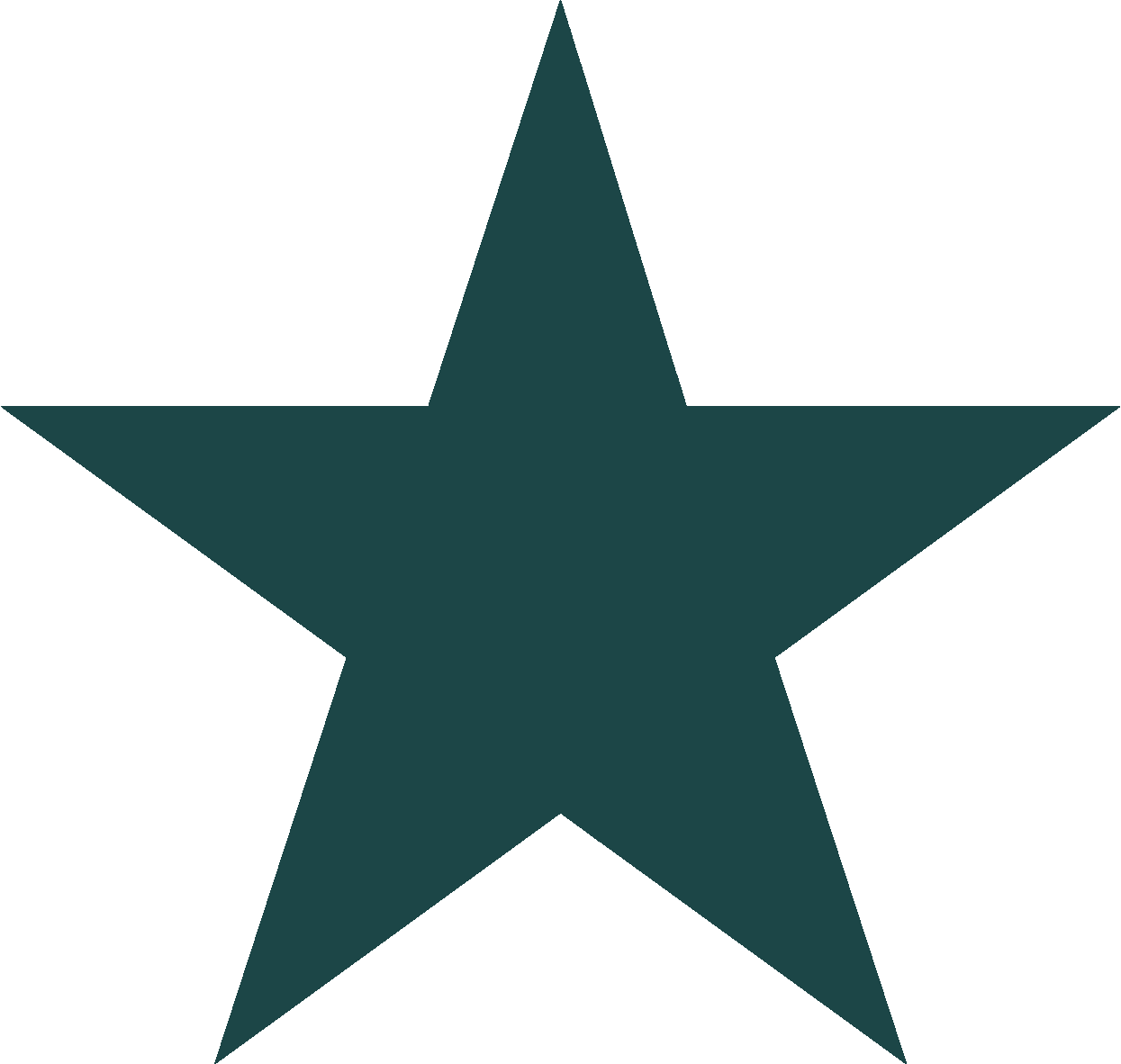AstroPAL

About
AstroPAL
|

Meet the
'PALs
|

Gastro Pal
|

Academics
|

Living
|

Resources
|
CLASSES
For official course requirements, see the information the graduate director gave you. See list of courses on the Department website or official course catalog.
There are six required ("core") classes:
- ASTR 6100 Astronomical Techniques and Instrumentation (Misty, 3 credits)
- ASTR 6200 Astronomical Data Analytics (Sebastien, 3 credits)
- ASTR 8000 Stellar Atmospheres and Spectroscopy (Doug, 4 credits)
- ASTR 8100 Stellar Structure and Evolution (Russel, 4 credits)
- ASTR 8300 Interstellar Medium (Mike, 3 credits)
- ASTR 8400 Extragalactic Astronomy (Mike, 3 credits)
You need an additional 10 credits of 8000-level astronomy "electives" (Choose 4 classes):
- ASTR 8850 Planetary Science (Todd, 3 credits)
- ASTR 8200 Galactic Structure (Todd, 3 credits)
- ASTR 8800 Optics in Astronomy (Stuart & Fabien, 3 credits)
- ASTR 8150 Numerical Methods (Fabien, 3 credits)
- ASTR 8120 Plasma Physics & Magnetohydrodynamics (Piet, 3 credits)
- ASTR 8130 Introduction to Fluid Dynamics (Jane, 3 credits)
Can substitute 8000-level physics (PHYS) or computer science (CSC) courses.
Plus some required mini classes:
- ASTR 8900 Seminar in Astronomy x 2 (2 credits total)
- ASTR 6300 Teaching Astronomy x 2 (2 credits total)
- ASTR 6310 Teaching Astronomy Lab Practicum (1 credit)
Talk to your advisor to see what classes you should take.
We recommend that you don’t take more than 3 (big) courses per semester.
If you have completed graduate-level physics or astronomy courses before coming to GSU, talk to the graduate director about waiving some requirements!
And of course, remember to show up on time to all of your classes and do all the assigned work! Treat classes like a job (because it is) and take them seriously.
Tip: Save money on books by borrowing from a senior grad student or the library, searching for online editions, or shopping for deals online. We'd recommend buying books in your field, but you're not required to buy any.
RESEARCH
You should start thinking about research during your first semester here.
To aid you in this process, the faculty will give presentations about their research near the start of the fall semester.
You will want to start talking to professors about research during the first semester, and have a tentative project to start working on by the spring. Even if all you're doing is reading papers.
There is a heavier emphasis on doing research during the summer, because in summer no astronomy courses are offered and you will have a reduced teaching load (if any).
The summer after your first year is your best opportunity to make significant research progress that you can present during your second-year quals (see below).
Think of this first summer as your first real test run of the project and advisor you've chosen. Is it interesting? Are you having fun? Or would you prefer to work on something different? This summer is the last convenient time to change your advisor; once second year begins, it is safest to keep working on the same project until after second-year quals.
Some Tips About Research
Pick a project that interests you, not one that you think you have to do.
Don’t be afraid to make your project your own; your advisor is there to help you but you shouldn’t be afraid to try doing something in a new way if you think that might work just as well.
Try to keep in regular contact with your advisor.
Setting up weekly meetings is a good way to develop a relationship and comfort level with them, even if you don’t need weekly research guidance.
Talk to other people in the department about their research and get used to talking about yours - a 30 second "elevator speech" describing your work can come in handy at conferences, with visiting scientists, or out on the town!
Finally, reading arXiv each day helps you keep up with current research.
TEACHING LABS
Grad students teach the lab sections for the introductory astronomy classes (ASTR 1010, 1020). The number of labs you teach each semester declines through the program, and varies with the number of TAs and undergrad enrollment.
The typical (though not assured) sequence is:
| 1st year: | 2 fall, | 3 spring, | 1 summer |
| 2nd year: | 2 fall, | 2 spring, | 0 summer |
| 3rd year: | 2 fall, | 2 spring, | 0 summer |
| 4th year: | 1 fall, | 1 spring, | 0 summer |
Each semester, the lab coordinator (see below) will schedule TAs to their corresponding lab sections depending on the total labs and available TAs. 1st years will attend weekly training sessions led by the lab coordinator to setup & learn the following week's lab. Also, talk to older students about tips & tricks for the labs.
You will grade and return labs each week, and while grading is up to each TA, suggested grading rubrics are available on the supplemental lab webpage. Record grades in the spreadsheets prepared by the lab coordinator. TAs will post grades to their lab's iCollege lecture page gradebook.
In previous (non-COVID) years, the students were required to attend an observatory open house. It is not yet clear (as of 2021) when that requirement will return.
When it does, the TAs we would run on-campus observing sessions throughout the semester that the 1010/1020 students could attend. All TAs would be required to sign up for one session to help set up and operate telescopes.
Faculty lab coordinator for 2021-2022 academic year: Idan Ginsburg, iginsburg @ gsu
(this position was previously a separate grad job, but as of 2021 is part of the Academic Professional faculty position)
Fall 2021 Update:
All labs will be in-person for the fall 2021 semester (last updated September 7). You will have full TA access to your labs' iCollege lecture page where the lab assignments will be hosted. The labs will function as they did pre-2020, although the old observing requirement has not been reinstated.
QUALIFYING EXAMS
You will take two qualifying exams: one each during your first and second years.
They are held at the end of spring semester in early May.
You need at leat 80% total to for a clean pass. 70-80% total is the grey area where your coursework and research achievements are taken into account, and below 70% is a failing score.
There are resources for studying for the 1st year qual in 1PP, such as old Astro 1010/1020 exams. There are also resources for the 2nd year qual in 1PP and on the grad student Wiki, including examples of old quals questions (both written and oral).
And remember: quals aren’t completely a bad thing.
Passing them results in a small (but welcome) pay bump!
First Year Qualifying Exam
This exam consists of two multiple choice exams. An Astro 1010 final exam and an Astro 1020 final, each with 100 questions. You need 80% overall to pass.
Second Year Qualifying Exam
This exam consists of three parts: a written research report (25%), an oral research presentation (25%), and an academic oral exam (50%).
The research report (4-10 pg) should present the significant research accomplished by the student at GSU in the style of a refereed journal article, in order to demonstrate effective scientific communication skills.
The research presentation consists of a 30 minute talk about your research, followed by 15 minutes of questions from faculty. The student should demonstrate a good understanding of the scientific context of and the methods used in their research.
The oral exam is given by 5 faculty members and will cover the grad-level courses you took, as well as intro-level knowledge of broader topics. You’ll be working out questions in real time on a whiteboard.
Read the full requirements here.
OTHER DEPARTMENT REQUIREMENTS
In addition to your classes, labs, and research, there are a number of things you should keep in mind as you settle into department life, and a couple more distant milestones to pass on the way to a PhD.
The department holds public open houses at Hard Labor Creek Observatory once a month between April and October.
You must assist at two each year.
Telescope training will be provided during your first semester.
You should also plan to attend weekly seminars and colloquia, as attendance affects your 8910 and 8710 grades.
Valid excuses include teaching conflicts and travel for research.
Finally, plan to submit a research report at the end of each semester.
Prospectus Talk
During your third year (ideally), you will give a 50-minute presentation to the department and your thesis committee.
Thus, before giving the talk, you need to choose a committee (consult your advisor and the grad director to figure out who should be on your committee).
The talk should cover the research you have done to that point, but more importantly, should include a discussion of the work that you will do to complete a PhD-level project.
The presentation is followed by a private question and answer session with your committee.
Dissertation Defense
Once you have completed your dissertation research, you will present it to your committee and the college in written form, and to the public and your committee in an oral presentation.
The public presentation should be 50 minutes, followed by a private session with your committee.
Be sure to follow requirements for formatting! We have a LaTeX template on the grad wiki.











